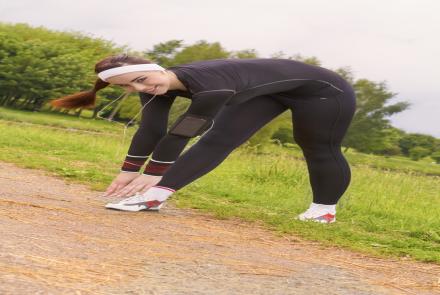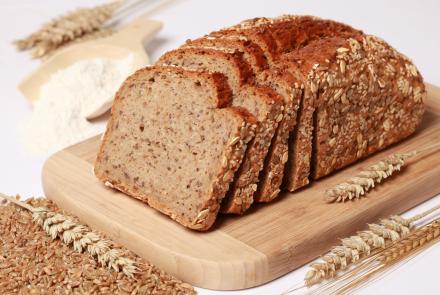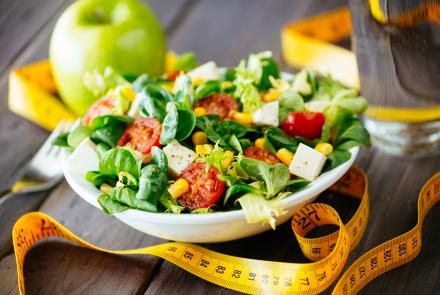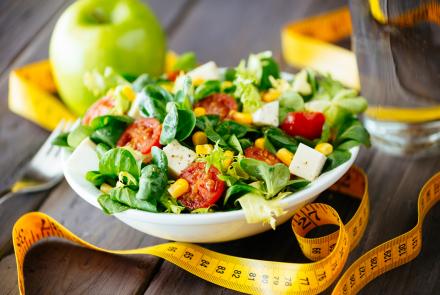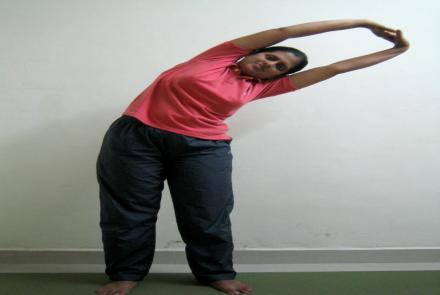Just 20 minutes of brisk walking a day may be all it takes to lessen a sedentary person's risk of early death, says a new study. The researchers also found the risk of early death due to lack of exercise is double that posed by obesity and does not necessarily depend on being obese or overweight.
Prof. Ekelund says the study delivers a simple message: "just a small amount of physical activity each day could have substantial health benefits for people who are physically inactive." However,…
Cardiovascular Diseases
- Enjoy the Lunar New Year festivities without compromising your health. By Nutritionist Kohila Govindaraju. It’s that time of the year again, the most significant few days in the Chinese calendar – the Lunar New Year. It’s a time to get together with friends and family and eat, drink and be merry... in a health-conscious way. First up, the Reunion Dinner on New Year’s Eve, when families gather around a sumptuous meal. A part of the meal is Lo Hei, when everyone gathers…
- Keeping up with the carb-bashing can be tough. One day they’re in, the next day they’re on the chopping block. A diet that includes whole grains may help protect your heart, finds new research published Monday in JAMA InternalMedicine. Every 28 gram-per-day serving of whole grains was associated with a 9% lower rate of death from cardiovascular disease and a 5% lower rate of death from any cause. It’s best to remember the simple mantra: eat real food. We need…
- Yoga has roots as an ancient mind-body practice that incorporates physical, mental and spiritual elements. Originating in India, yoga has been proven effective in numerous studies to improve cardiovascular risk factors, with a reduction in the risk of heart attacks and strokes. When compared with no exercise, yoga was associated with significant improvement in each of the primary outcome risk factors measured: Body mass index (BMI) reduced by 0.77 kg/m2 (measured as a "mean…
- India and South-east Asia has high incidence of anaemia. Family practitioner Dr Gita Mathai tells you all you need to know about this often-silent threat that can pose many complications. What is anaemia? Anaemia (or Anemia) is a generic term for low haemoglobin in the blood from any cause. It is not a disease by itself. It can occur in different forms and be caused by many factors. Anaemia is diagnosed when the haemoglobin value checked in the laboratory is…
- A Mediterranean diet may be a better way of tackling obesity than calorie counting, leading doctors have said. Writing in the Postgraduate Medical Journal (PMJ), the doctors said a Mediterranean diet quickly reduced the risk of heart attacks and strokes. The PMJ editorial argues a focus on food intake is the best approach, but it warns crash dieting is harmful. They criticise the weight-loss industry for focusing on calorie restriction rather than "good nutrition". And they make the case…
- Just choose one of the following options, says nutritionist Kohila Govindaraju • Yong Tau Foo (Hakka dish) Make it healthier still by choosing bee hoon, mee sua or kway teow (100-140 calories) instead of yellow noodles (200 calories per 100g of cooked noodles). Limit the intake of crab sticks, fish balls and cakes, and fish-paste stuffed veggies, which are loaded with sodium (15g of fresh fish comes with 10mg of sodium compared to 15g of crab stick with130mg…
- About 35% of the Asian adult population suffers from hypertension or High Blood Pressure. Hypertension raises risk of heart disease, stroke and kidney disease. However, simple dietary awareness and measures, like following the DASH diet, can help control as well as prevent its risks. By Ujjwala Baxi, dietitian and diabetes educator DASH diet, i.e. Dietary Approach to Stop Hypertension, comprises foods that are higher on nutrients like calcium, potassium, magnesium…
- Urdhwahastottansana opens up the chest, improves blood circulation around the thoracic area and the heart and is beneficial for respiratory disorders, hypertension and heart problems Meaning Urdhwa means upward, hasta is hands, uttana is stretching and asana is posture. Benefits of Urdhwahastottansana 1. This asana stretches both sides of the body, so it massages, loosens and exercises the sides of the ribcage and the waist 2. Opens up the chest 3. Improves blood circulation around the…

